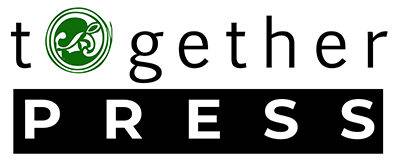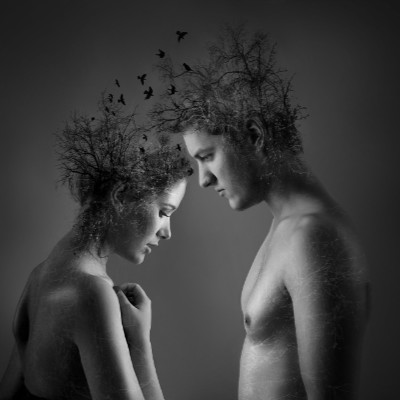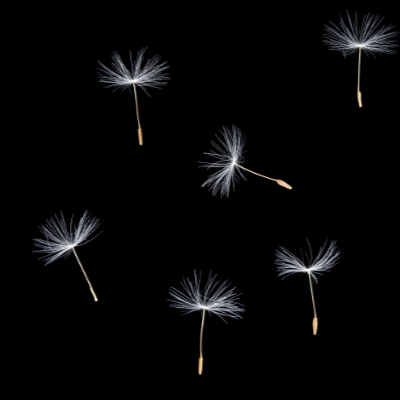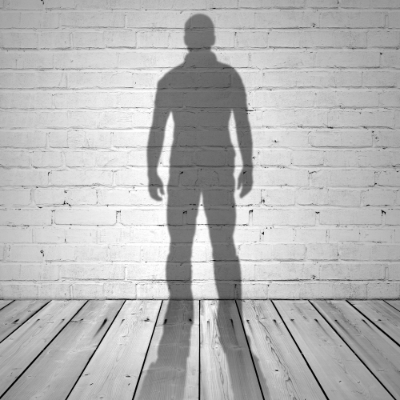About 35 years ago I was working in a record shop and serving a blind man. I didn’t notice, but he dropped a $10 note. A young boy, about 10, rushed over, picked it up, gently took his hand and placed the note in it and I burst into tears. Kindness can seem so small in the face of the Putin’s and the Trumps of this world. But collectively, they can, and do, overcome their poison. Love is the antidote. It doesn’t necessarily mean wars are won, but nor can they be lost when the human spirit thrives, even under the worst of circumstances. There, a simple kindness is magnified a thousand times.
I’ve always been a teary sucker for kindness. Like the blurry ones caught on street cameras here. https://www.youtube.com/watch?v=8mi_bh42nvs&ab_channel=UpKicked.com
Kindness resonates deep with us. Why? Because it is, ultimately, who we are.
‘Love is a power we’ve all felt. Even the most unloved amongst us knows what it is, what it looks like and can wield it too. It’s no sword, it has no sharp edges.’ Natalie speaking at Eamon’s Leaving.
If we need a religion – let’s make it love.
Voices are being raised above the sounds of guns, shouts and whacko politicians – love is still here! It never went away. But its voice is quiet and often goes unheard. We need to listen for it, share it, foster it. In this world made divisive by money and media, we need a counter-revolution where saying the word LOVE outside of a romantic relationship, is not cringed at. How odd that the guiding motivation of a species has been so maligned. Let’s take back the love!
I bequeath you all my life philosophy.’ She clears her throat dramatically, ‘Before, in times of relative peace, for peace can only ever be relative, there was a dog-eat-dog mentality. Excluding present company, Artemis.’ Artemis pricks her ears up at her name, but doesn’t open her eyes. She lets out an exhausted huff. Ellen continues, ‘Peace was difficult to maintain, but mostly possible. We had a global community. It was hard to balance out everyone’s needs and greeds. Then, in dark times—times one assumed the dog-eat-dog mentality would prevail—suddenly, peace was possible. Relative, of course, but possible. People realised we needed each other more than we could afford to hate. So, we simply stopped hating. Relatively speaking of course,’ and she laughs bitterly, ‘There are always exceptions!’ She burrows her head into Daniel’s shoulder and we watch while her shoulders shake. We’re silent for a long while, staring at stars.
(Ellen pg 241)
But how does that work considering the previous day they’d gone to a house and killed six young men? How do we unite the concept of being creatures of love when we are also capable of such violence? And in Tatiana’s case, gleeful. It’s difficult. It’s dangerous ground. When is violence justifiable? Is it ever? A big question.
For the Hobart Mob, it was done in response to the rape of two young girls, and the death of Eamon. So revenge? Yes. But also The Cartwright’s were a group of young men who operated on the fringe of the community, stealing and violating the rights of others, so in removing them they were ensuring the safety of members of the community from their future actions, which could be seen as an act of love. Taggart termed it, ‘Putting them out of our misery.’
But such a premise could be used to enact violence against people who look suspicious or are merely suspected of perpetuating aggression towards others. Or used as propaganda by the unscrupulous to motivate others, as in the Holocaust. I have no definitive answer. No one does. It’s why we have courts, who, with a framework of responses, interpret crimes case by case. But it’s a fallible system as facts are filtered through our consciences which are ambiguous things. The number of wrongfully imprisoned people in the US is estimated to be 20,000 by The Innocence Project. 1% of the population, and the majority of them are condemned purely on their skin colour, in a parasitical system that, at every point, finds a way to turn their circumstances into a financial gain. Which IS criminal.
The care of Button Up Buttercup, a stranger leavens the horror. My definition of a good person is someone who isn’t just kind towards friends and family and people we identify with, but are equally kind to strangers and cultures they’re unfamiliar with. This is often missing with conservative voters, who consider themselves good people because they show kindness towards the people they identify with, but have no qualms about marginalising or disenfranchising those they do not.
I was deeply confronted by a friend who’d always been deeply kind, but when the opportunity arose to vote for marriage equality, voted against it on the grounds that god doesn’t like gays. Love is love, and if the love doesn’t harm another, (and no, being offended by the form of someone else’s love is not harm) then it is justified. Let’s worry more about hate. It’s rarely justified and is far more dangerous. Yet we tolerate it. Why the preoccupation with other people’s expression of love. Bizarre.
We are a species motivated by love. But we are also a species capable of violence. Like we’ve read many times, it all depends on which wolf we choose to feed.
Two very good books on the subject that will renew your faith in humanity are:
Hope in the Dark – Rebecca Solnit.
Humankind, A Hopeful History – Rutger Bregman
The Kindness Revolution – Hugh Mackay (which is still sitting on my bedside table half-read)




